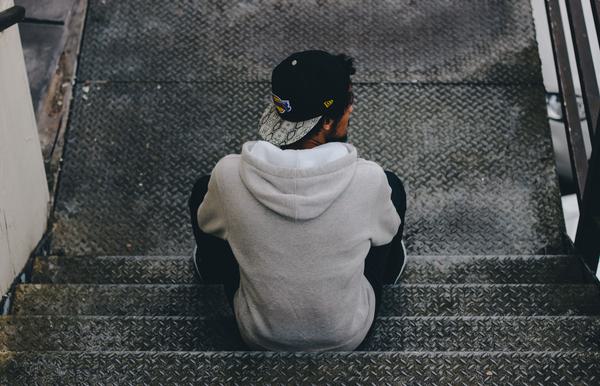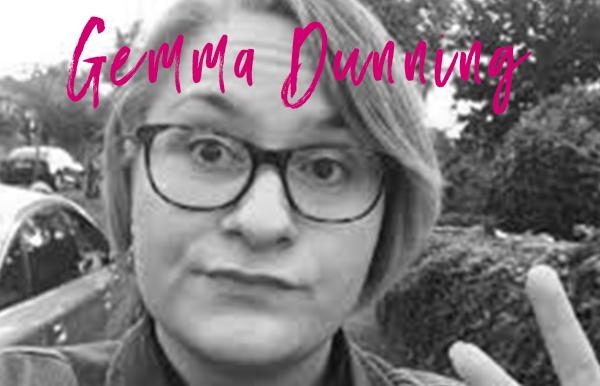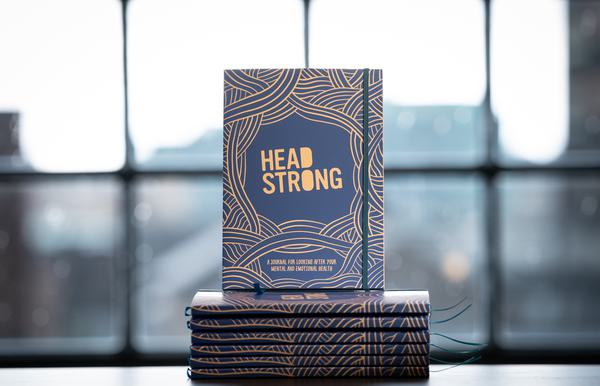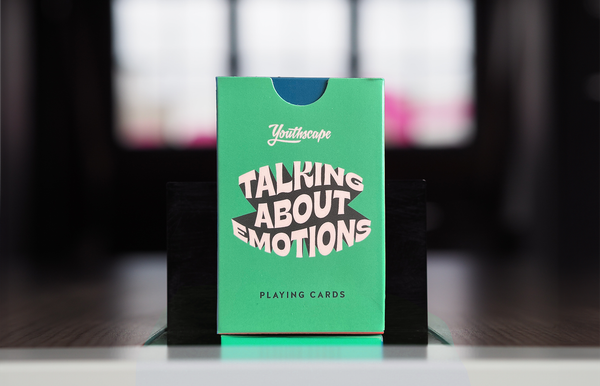The conversation about young people, gender identity and self-harm remains important but complex. Here Oliver, born Ellie, talks about transitioning genders and their struggle with self-harm.
An estimated 48% of transgender young people aged under 26 have attempted suicide, and 59% have deliberately harmed themselves (PACE Mental Health Charity). This is a massive concern, and SelfharmUK is committed to talking about the difficult issues facing young people. Ruth Ayres from selfharmUK looks at the links between self-harm and gender expression.
Gender is complex. Gone are the days of the male/female, man/woman boxes of gender. Gender expression is fluid and dynamic and for many is certainly not black and white. Over the last decade we have researched, quizzed and discussed gender, but it still continues to be a topic that people who are struggling with gender identity feel frightened, concerned and ashamed to talk about.
A few weeks ago I sat down to catch up on a TV programme following a young person who was engaging in self-harm, Inside Birmingham Children’s Hospital (Channel 4). The team followed the story of a family which showed the life of their oldest child, who was self-harming. During the programme, we saw Oliver (born Ellie) announcing to their parents that they were 98% male. Since the filming has ended, Oliver now describes their gender as 'agender' rather than male or female.
Agender is a term which can be literally translated as 'without gender'. It can be seen either as a non-binary gender identity or as a statement of not having a gender identity. People who identify as agender may describe themselves as one or more of the following: Genderless or lacking gender.
Oliver’s journey has been at times difficult and challenging, not only for them, but for their whole family. I caught up with Oliver and their mum Jo last week to have a chat about where they had been, how they were doing and what they hoped for their future. (This article will refer to Oliver as 'they/their/them' as this is the term they prefer as opposed to the male and female terms he/she, her/him.)
selfharmUK: Oliver, what age did you begin self-harming?
O: I started at 11 years old, I have always struggled with talking about my emotions and I remember the exact moment my eating disorder started. I was in Paris on a school trip and my boyfriend at the time was talking to a friend and said my thighs were really fat. I look back now astonished, I was a size 10 at the time. I was nowhere near fat. But that comment had a huge effect on me. I can remember everything about that moment, from what I was wearing to the exact place where we were in Paris.
SHUK: How did you self-harm?
O: Lots of different ways. I was diagnosed with an eating disorder when I was 12, this was a lot to do with stopping my body from developing as a girl. I didn’t want that to happen. I was hospitalised for 8 months, from May to December 2013. I was force-fed in that time. Not by way of a tube, but I was told that I could eat a meal or drink a high calorie drink, which I have to say tasted disgusting. I picked the drink though, because at the time the thought of chewing was awful for me.
SHUK: Really why so?
O: I don’t know; I just couldn’t cope with it.
SHUK: Were you self-harming in other ways?
O: Yeah I was cutting and I tried to take my own life, on 2 occasions.
SHUK: Jo, (Oliver’s mum) how was it for you when you first realised Oliver was self-harming?
J: Awful, I felt like a massive failure and I was constantly asking the question - why couldn’t Oliver talk to us about their feelings? Given all the jobs I have done, often in counselling and supporting young people, I felt like I had massively let Oliver down. I had to however begin to think about how we as a family helped Oliver to get better.
SHUK: What did you want to do?
J: A combination of wrap Oliver up in cotton wool and scream at the whole world. I wanted to stop them self-harming and essentially make everything better.
SHUK: Did you have any idea why Oliver was self-harming at this stage?
J: Not at all, Oliver had struggled with their transition to high school and we as parents assumed that this was the reason for their self-harm.
SHUK: Oliver, can you talk to me about your gender identity?
O: I feel totally fluid in my gender at the moment, and I am not sure if I want to fully transition my body from female to male. I am living life as me, non-defined by my gender. I would describe myself as Agender – living without gender rather than transgender.
SHUK: Do you think your self-harm was linked to your gender identity?
O: Yes; I felt a huge lack of community and acceptance, community is really important and I now feel a huge sense of belonging to the queer community (Lesbian, Gay, Bisexual, Transgender). There is a total lack of education around gender identity and we are still seen as outcasts I guess. I mean just recently 50 people were killed in Orlando, in a place where they should have been safe. I think people who are exploring gender identity feel unable to come out for fear of not being accepted and loved, or killed. My self-harm was about controlling my emotions that I didn’t understand or couldn’t talk about, these emotions were linked to my gender identity.
Oliver and I had a long discussion about where they were now and they were able to express very freely the peace they now feel as a result of being agender. Oliver was clear with me that there needed to be more education around being agender, and they became incredibly passionate about the fact that people had died and the world needed educating. However, what is totally evident and what they do know is that they feel more comfortable in their own skin than ever before. They feel much more confident in expressing themselves. Oliver feels there is a sense of them being able to understand themselves and not conforming.
SHUK asked Jo: what advice she would give to parents if their child is self-harming?
J: Don’t panic, talk to someone outside of the family for support and try in a very gentle non- threatening way to open up conversations with your children about self-harm.
SHUK: Oliver, if you could go back 12 months, what advice would you give yourself?
O: I would tell myself to not try and run away from my community and I would tell myself to accept that this is who I am. I would try not to be anything other than myself. I would also remind myself that being queer is empowering, not strange. It is an escape from a heteronormative society, which is something I’ve always searched for, and that one day I will finally be free to be as queer and loud as I want.
Since coming out Oliver has not self-harmed for 18 months and is doing extremely well. Gender continues to be a complex, challenging and difficult subject for many young people. Gender identity is a concept that needs to be talked about, celebrated and accepted.
“The secret of change is to focus all your energy, not on fighting the old, but on building the new.” - Socrates








